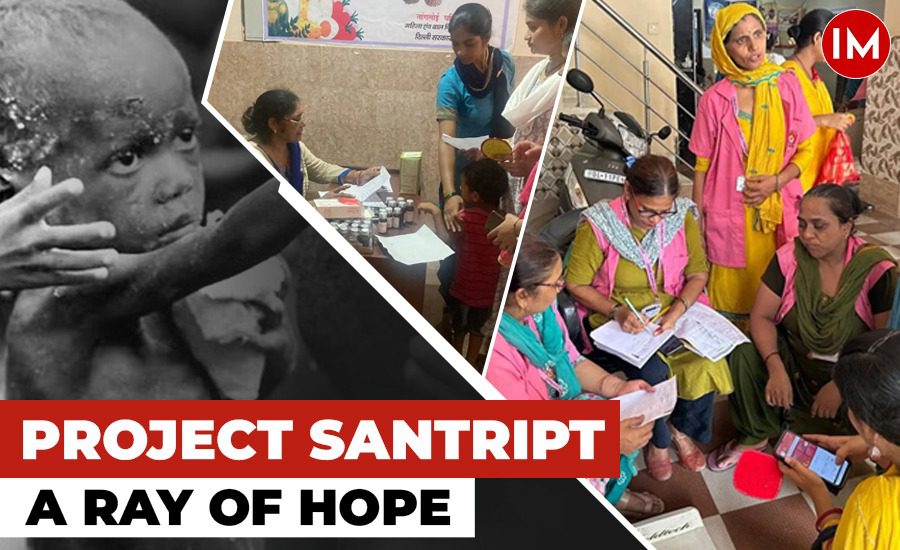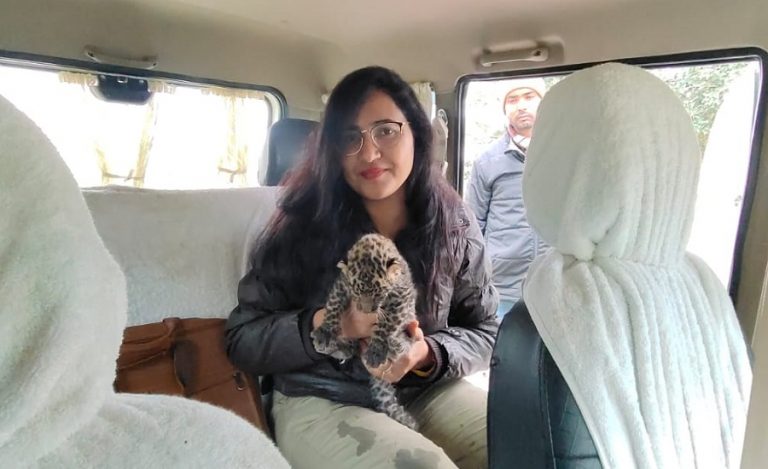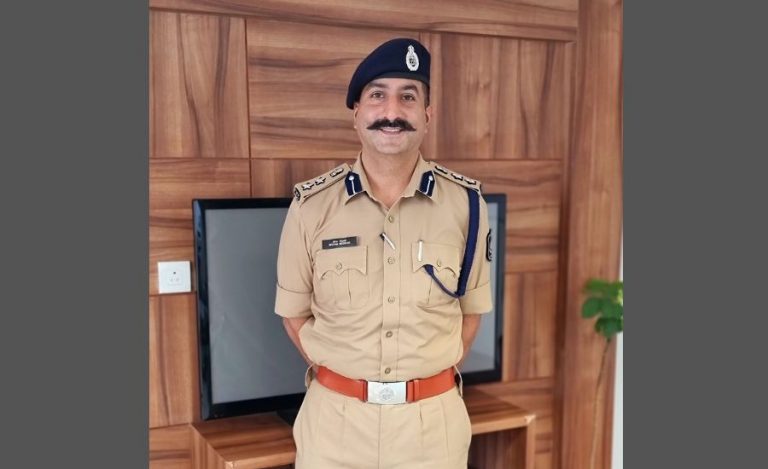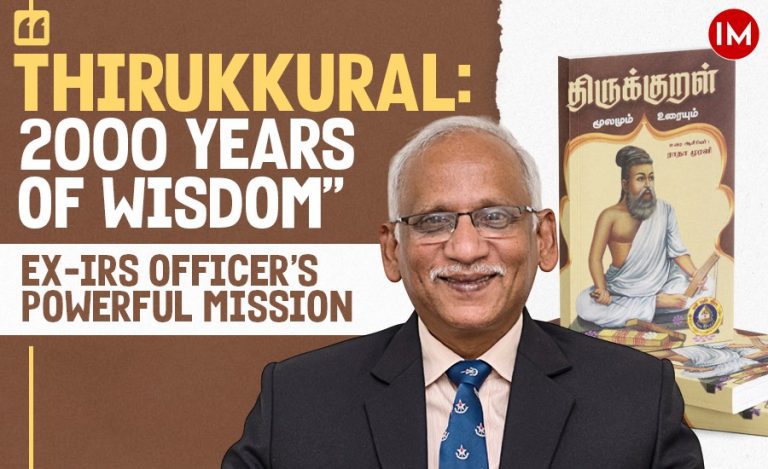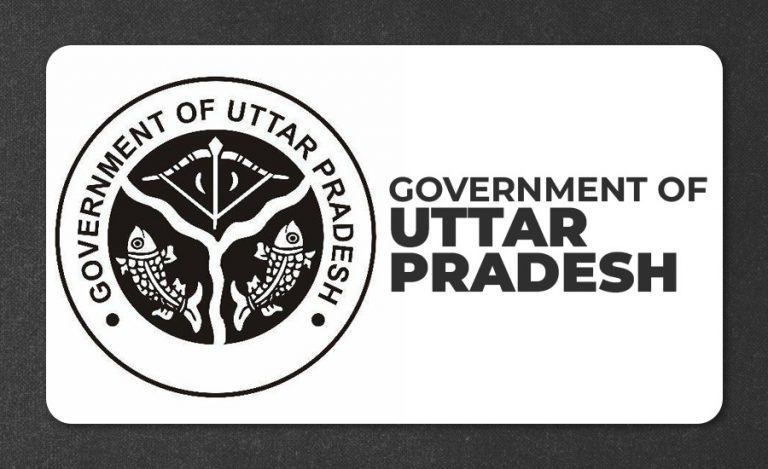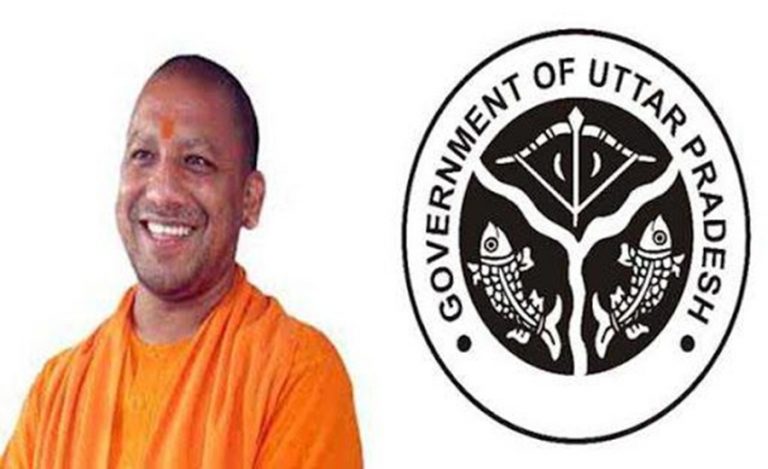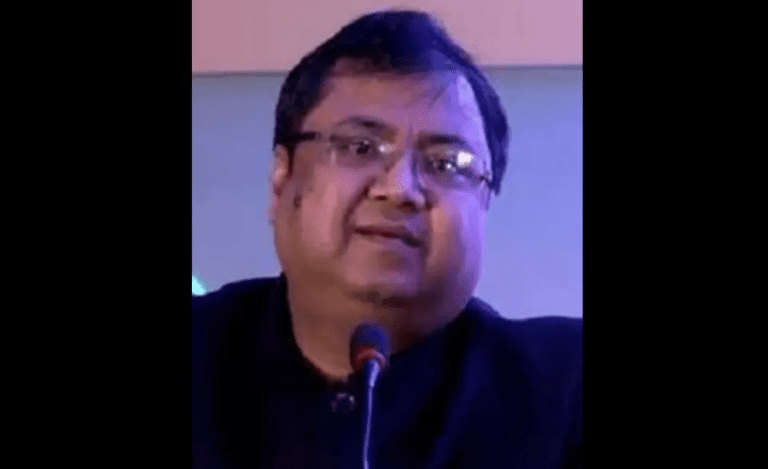In the bustling district of West Delhi, where the city’s fast pace often overshadows the plight of its underprivileged, IAS officer Kinny Singh, the District Magistrate, has embarked on a mission to combat one of the most pressing yet overlooked issues—child malnutrition. Her initiative, Project Santript, is a beacon of hope for the many Severely Acute Malnourished (SAM) children who, without intervention, face a grim future. This pilot project is a comprehensive approach that combines health and social welfare schemes to tackle malnutrition head-on, with the promise of visible results in the months to come.
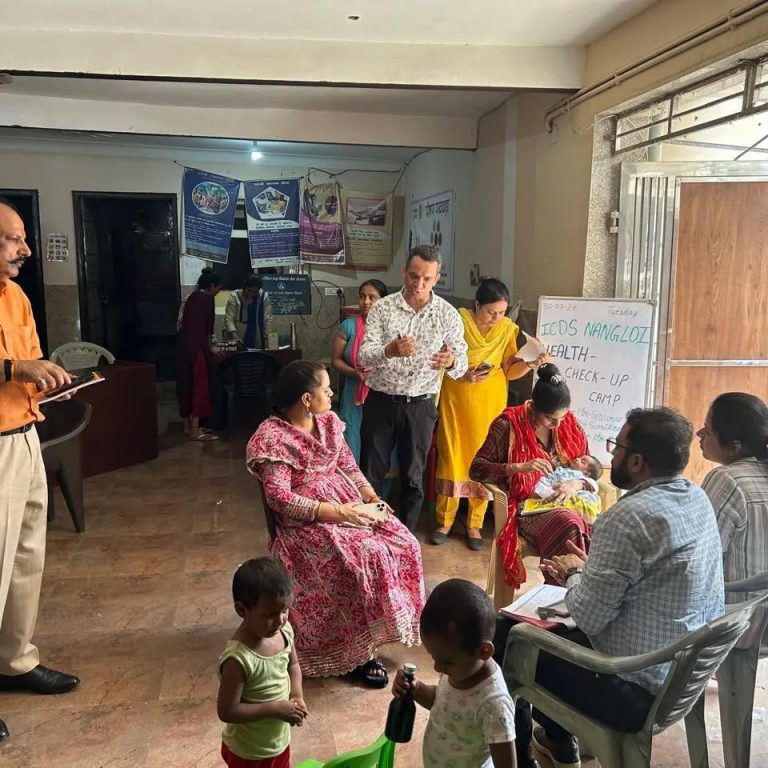
THE ALARMING DISCOVERY
The genesis of Project Santript can be traced back to a survey conducted under the Poshan Abhiyan campaign, which brought to light a startling statistic: 87 SAM children were identified in just one part of West Delhi. For Kinny Singh, this was not just a number; it was a wake-up call.
“The realization that so many children were suffering from severe malnutrition in the heart of the capital was both shocking and unacceptable. Determined to address this issue, I mobilized my team to initiate a series of medical and dietary interventions,” she shared with Indian Masterminds.
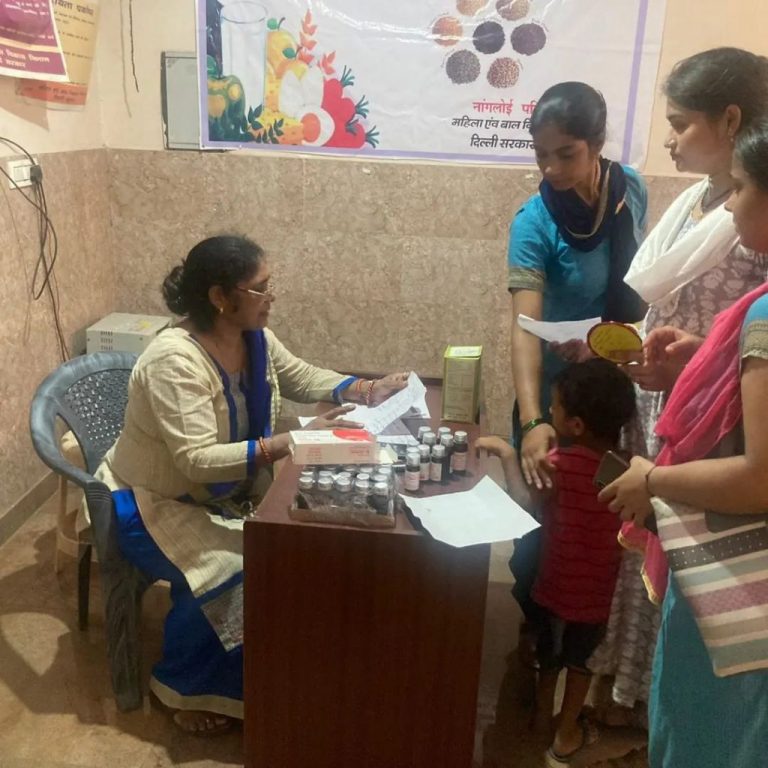
A COLLABORATIVE EFFORT
Understanding the complexity of the problem, Kinny Singh integrated the Women and Child Development (WCD) and Health Departments under Project Santript. The first step was to conduct ICT Project-wise medical camps across the district. Anganwadi workers, although dedicated, lacked the training to accurately identify malnourished children.
To bridge this gap, doctors were brought in to screen the children, leading to the identification of even more SAM cases. The children were then categorized into two groups: SAM and Moderately Acute Malnutrition (MAM), and received tailored dietary counseling.
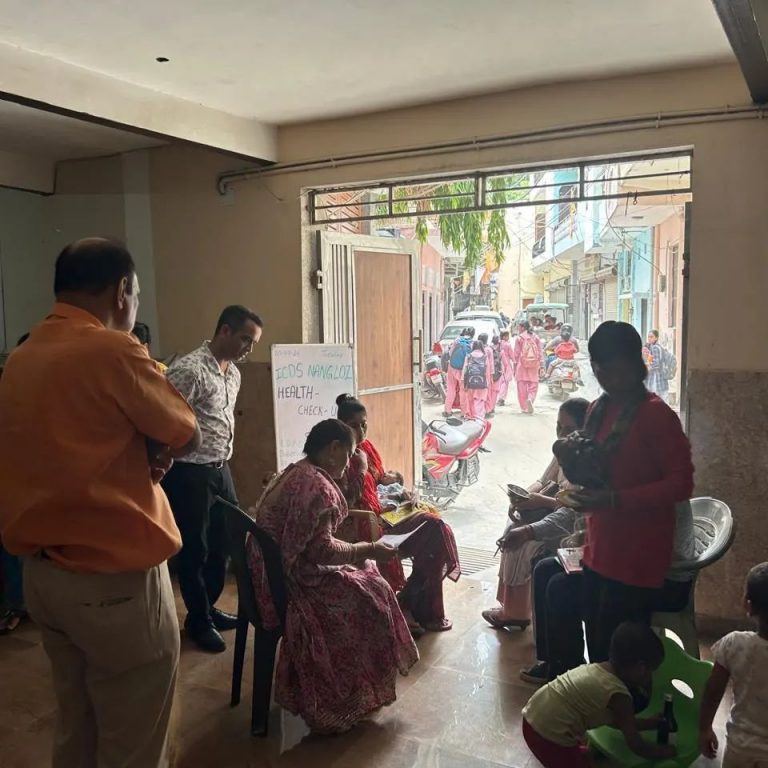
MEDICAL AND DIETARY INTERVENTIONS
The intervention process under Project Santript is meticulous and multi-staged. After the initial screening, the children’s appetite was tested to determine the appropriate intervention. Those who passed the appetite test were provided with dietary support, while those who failed were given immediate medical care.
“In cases where malnutrition was severe, children were admitted to hospitals for urgent treatment. Our hands-on approach ensured that no child in need of care was overlooked,” she stated.
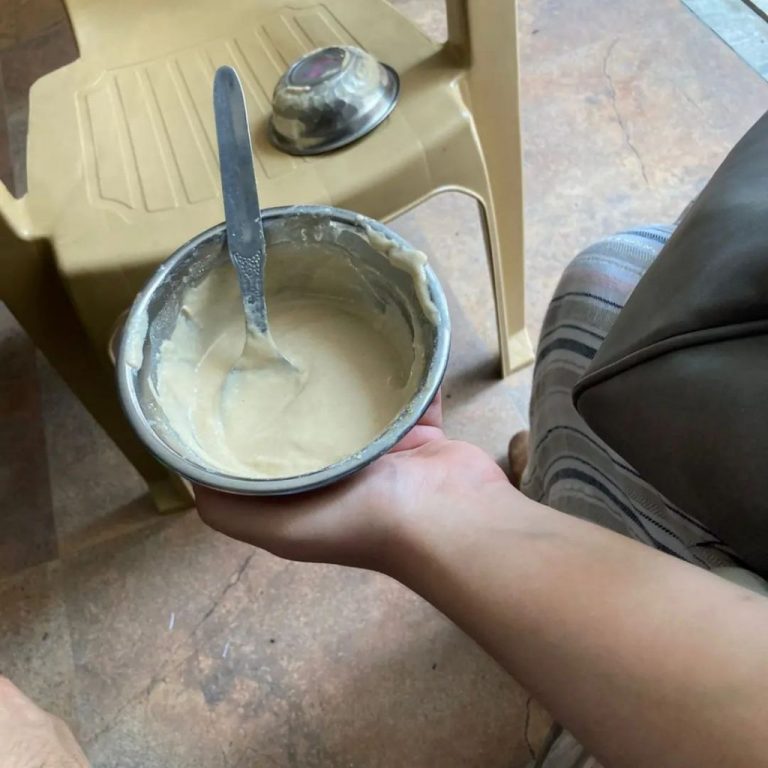
OVERCOMING CHALLENGES
However, the journey has not been without challenges. One of the significant hurdles faced by Kinny Singh and her team was convincing the parents to bring their children to the medical camps and, more critically, to the hospitals. Many families, coming from migratory populations, were hesitant to accept the dietary counsel and hospitalizations suggested by the team.
To address this, Kinny Singh has instructed the National Urban Livelihoods Mission (NULM) workers to conduct workshops aimed at motivating and educating mothers about the importance of proper nutrition and medical care. Plans are also underway to form Self-Help Groups (SHGs) to provide social support to these families.
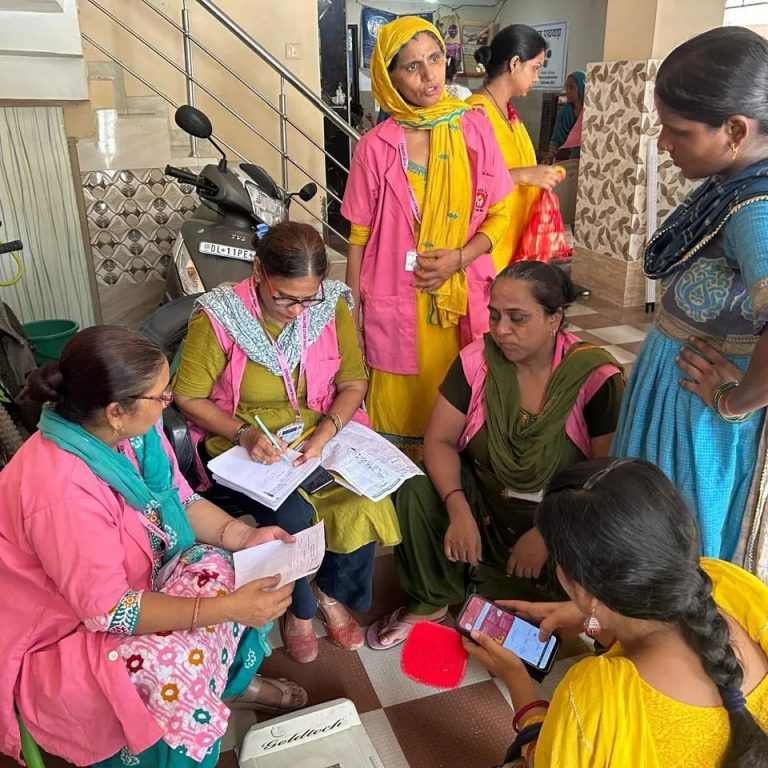
FUTURE PLANS AND FOLLOW-UPS
Project Santript is still in its developing stages, and the real impact will only be visible after a few months. However, Kinny Singh is committed to ensuring that the project doesn’t lose momentum. Regular follow-ups will be conducted to monitor the children’s progress, focusing on their adherence to dietary and medical interventions. Given that many of these children come from migratory families, their movement will also be tracked to ensure continuity in care.
In a bid to raise awareness and celebrate the success stories of Project Santript, Kinny Singh is planning to organize a ‘Healthy Mother, Healthy Baby’ show in three months. This event will showcase the outcomes of the project and serve as a platform to further educate the community about the importance of nutrition and healthcare.
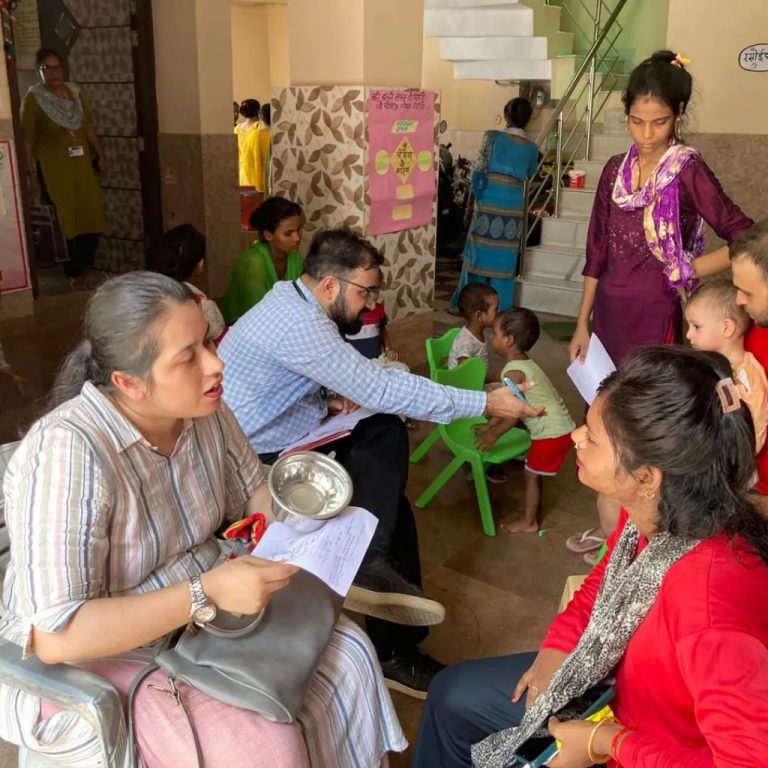
A GLIMPSE OF HOPE
Through Project Santript, IAS officer Kinny Singh has shown that with determination, collaboration, and innovative thinking, even the most daunting challenges can be tackled. While the road ahead is long and the results will take time to manifest, the project offers a glimpse of hope for a healthier future for the children of West Delhi.
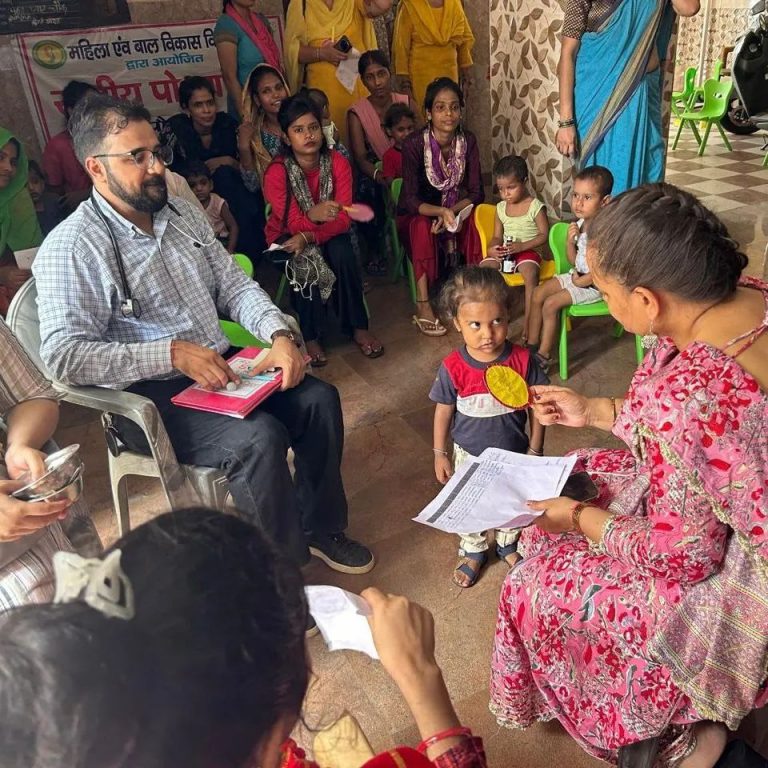
As Kinny Singh and her team continue their work, Project Santript could very well become a model for similar initiatives across the country, making a lasting impact on the fight against malnutrition.

